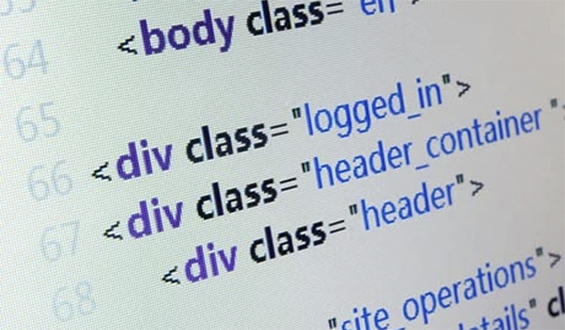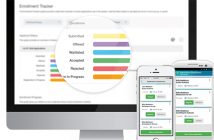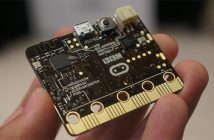
Google has released a new report addressing the lack of racial and gender diversity in the computer science field with suggestions for how to remedy the problem.
The internet search giant collaborated with Gallup on a multi-year study that focuses on perceptions about computer science and computer education, and the opportunities that students have to get involved in computer science learning before college.
The report found that students, parents, teachers and administrators do not distinguish between computer science activities and general computer literacy skills, preventing students from understanding the breadth of their opportunities. Computer science courses are often designed without including programming or coding, which are key aspects of computer science.
Accurately defining computer science for respondents was a primary concern of the study. According to the report:
To ensure that respondents were thinking only about computer science — and not computers more generally — respondents were provided with a definition of computer science after answering initial questions about computer science activities. In addition, respondents were reminded multiple times throughout the survey that computer science involves using programming/coding to create more advanced artifacts, such as software, apps, games, websites and electronics, and that computer science is not equivalent to general computer use.
The report also found that perceptions about computer scientists are likely to limit career access to people who belong to certain groups. Most portrayals of computer scientists in movies and on TV are white or Asian men wearing glasses, meaning that women and Hispanic and Black people are less likely to feel that they have a place in the computer science field. Female students, Hispanic students, and those from low-income households are least likely to report that they have learned some computer science, either in school or elsewhere.
Furthermore, students, parents, and teachers all reported that they feel that boys are more interested in computer science and are more likely to be successful in computer science education.
Most students, parents, teachers, and administrators view computer science careers favorably, but parents in low-income households and teachers at schools in low-income areas are more likely to value formal computer science education.
An earlier Google study, “Women Who Choose Computer Science — What Really Matters,” identified four factors that influence whether women want to pursue computer science degrees: social encouragement, self-perception that aligns with computer science skills (like having an interest in problem-solving and puzzles), academic exposure to computer science, and a firm understanding of the computer science careers available. The new study showed that many students don’t have the social encouragement that leads to computer science careers, and most don’t have the necessary self-perception — less than half of students rated themselves as “very skilled” in math or science, meaning they are unlikely to pursue careers in those fields.
To fix these problems, Google suggests a cultural shift towards diverse computer science role models in media and real life. The study’s authors also encourage the creation of accessible learning opportunities that show students a variety of computer science skills.
The recently-released second report in the multi-year study is entitled “Images of Computer Science: Perceptions Among Students, Parents, and Educators in the U.S.” The first was “Searching for Computer Science: Access and Barriers in U.S. K-12 Education.”




